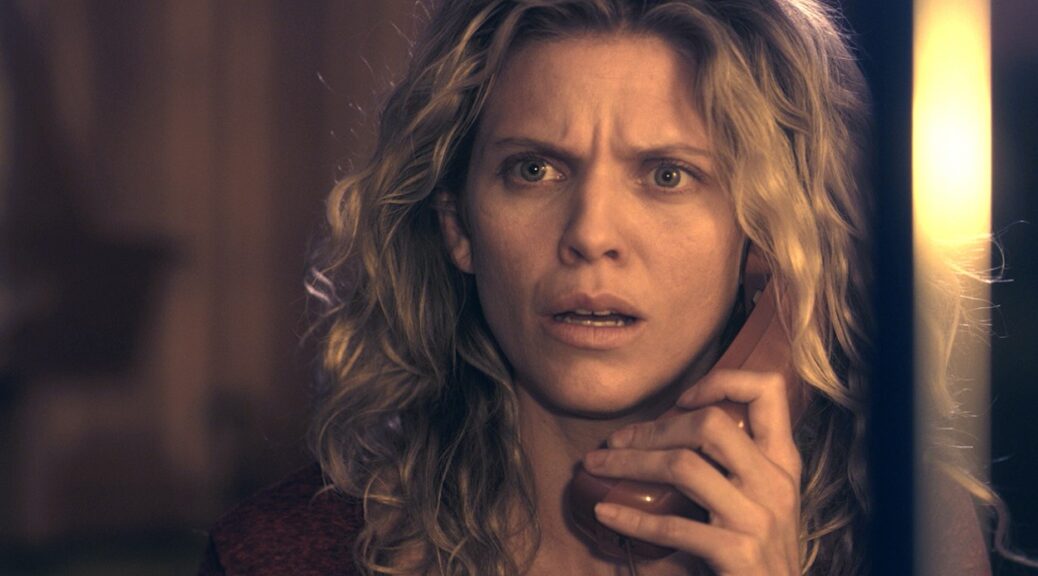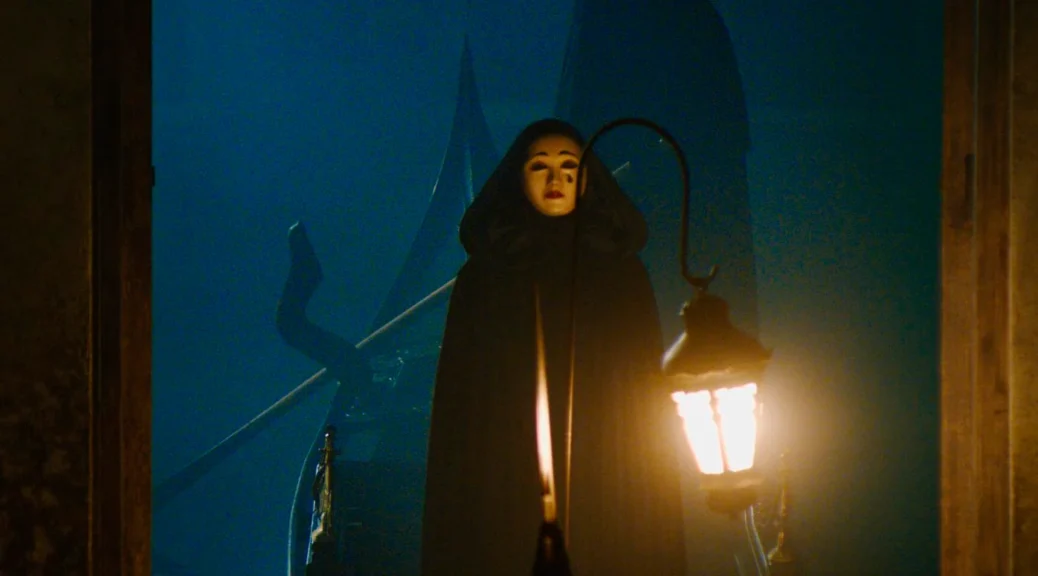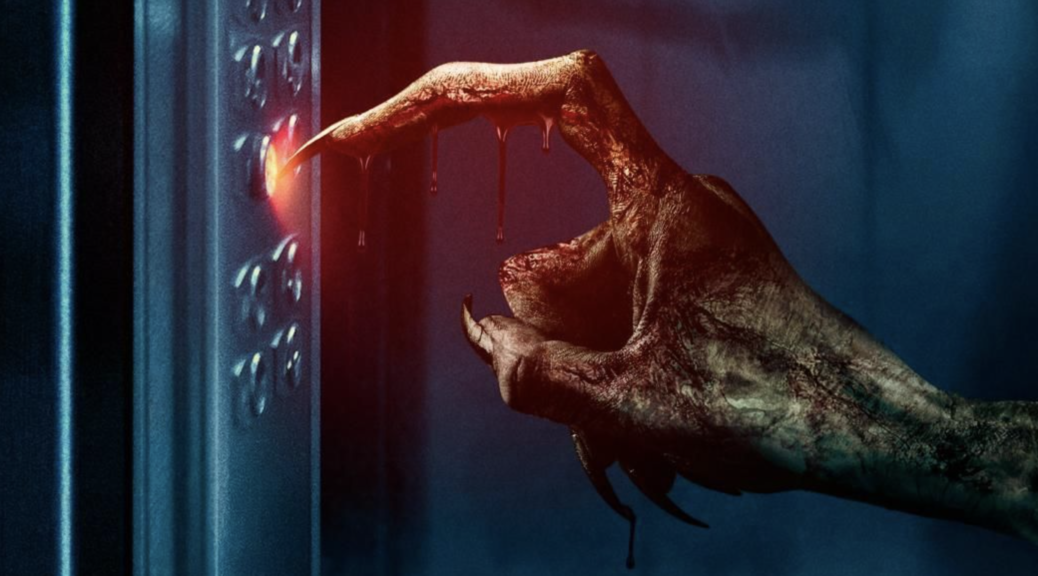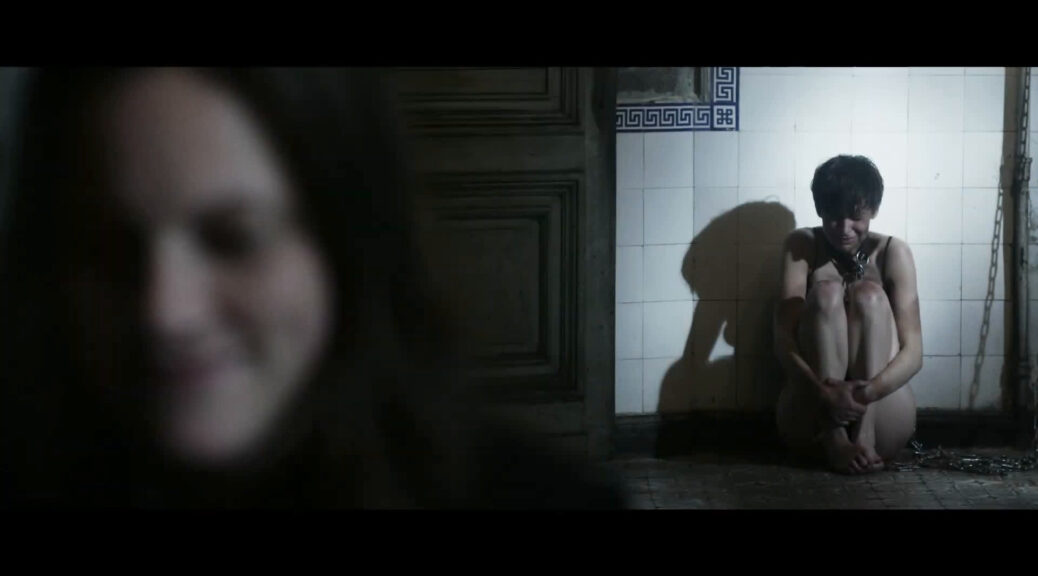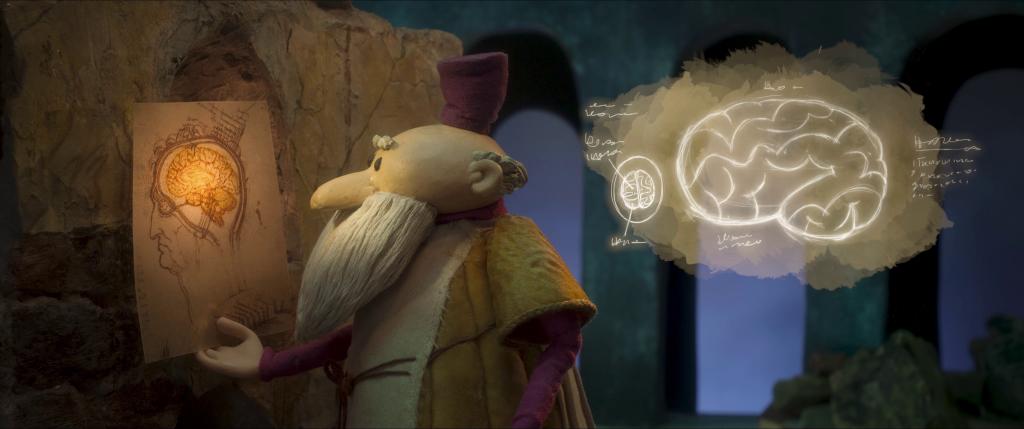Dumb Money
by Hope Madden
Do you remember when GameStop stock became newsworthy? I, Tonya director Craig Gillespie does, and he thinks you will enjoy learning a bit more about that slice of American economic history.
Channeling Adam McKay’s rage with none of his snark, Gillespie spins Dumb Money into a laid-back tale of sticking it to the rich guy.
Which are always the best stories.
Paul Dano plays Keith Gill, an underemployed new dad who took a shine to GameStop and shared his lowkey enthusiasm via videos on Reddit. His earnest goofiness, absolute transparency and love of cats drew an audience. That audience grew into a revolution.
Gillespie cuts nimbly from storyline to storyline, introducing us to many of the Average Joes who took Gill’s advice. Anthony Ramos is the most fun, playing Marcus Barcia, a GameStop employee who liked Megan Thee Stallion and did not like Brad (Dane DeHaan), his manager. America Ferrera gets another righteously indignant character to bring to vivid life, while Seth Rogen, Nick Offerman, Vincent D’Onofrio and Gillespie favorite Sebastian Stan relish the rich dick roles.
The film never talks down to its audience, doesn’t over-explain or under-explain its financial underpinnings. We understand about as much as our main characters. Writers Lauren Schunker Blum, Rebecca Angelo and Ben Mezrich may be a bit precious about the long-term impact of the revolution, but they stay focused on character without losing the financial specifics that make the justice that much sweeter.
Dumb Money is a crowd pleaser, partly because the writing team keeps the script simple, and partly because Gillespie keeps the energy high. But mostly because it’s never not fun to see somebody stick it to the man.




